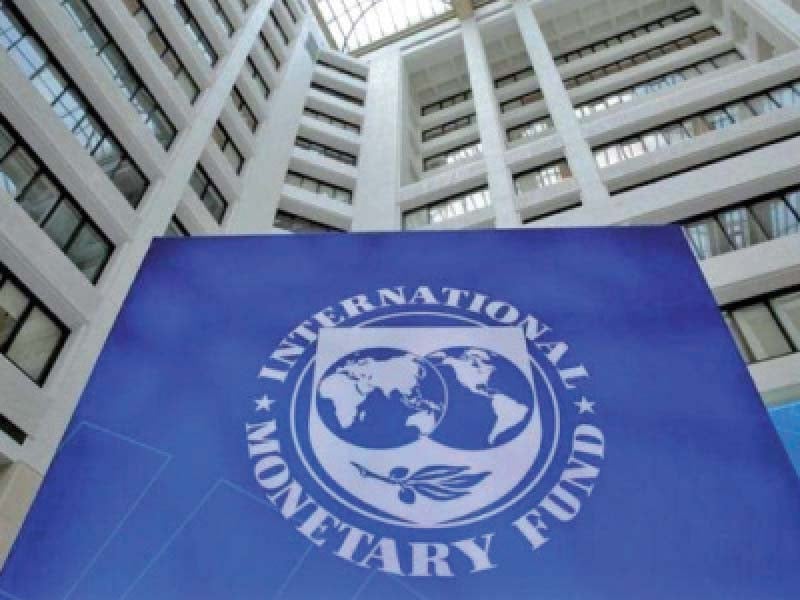By Salman Siddiqui
Published in The Express Tribune on April 20, 2023
KARACHI: The International Monetary Fund (IMF) is facing a challenging question regarding whom to trust in Pakistan to revive its $7 billion loan programme for the nation.
The incumbent government, led by Finance Minister Ishaq Dar, has continued to fulfil commitments with the IMF and implement tough decisions. However, the IMF is assessing who holds power in Pakistan, not only to make future commitments but also to implement them. This has caused the loan programme to remain stalled since November 2022.
At a recent in-person and online conversation titled ‘Pakistan: Is there a way forward?’ at Princeton University, State Bank of Pakistan (SBP) Former Governor Reza Baqir expressed his concern about the IMF’s struggle to trust Pakistan’s leaders. He said, “Whatever has been said (committed with IMF) has not been delivered,” highlighting the need for reliable partners to implement necessary economic reforms.
The government is currently engaged in formal talks with IMF and has implemented several challenging decisions, including ending control over the rupee-dollar exchange rate, increasing energy tariffs, and imposing new taxes worth Rs170 billion. The IMF, however, has continued to demand new conditions, which has led the government to seek additional financial commitments worth another $3-4 billion from friendly countries to restart the programme. Saudi Arabia and the UAE have already indicated their willingness to give $2 billion and $1 billion, respectively, in new financing to Pakistan.
During the conversation, Atif Mian, economist and author of ‘House of Debt’, expressed his view that the government has lost credibility due to poor decisions taken by different institutions. Pakistan is facing a perception that it is no longer a desirable place to go, as evidenced by the high number of people searching for visas to leave the country. Mian emphasised the need to value people who are putting Pakistan in the right direction and to respect apolitical officials.
Furthermore, he pointed out that women remain a missing link in Pakistan’s economic growth. He suggested transforming Pakistani society to transform the economy by promoting education and qualified women into business leadership. Mian stressed that women, who make up slightly over half of Pakistan’s population of 230 million, play a crucial role in the country’s economic growth.
Baqir shared IMF’s latest data, highlighting a striking relationship between Pakistan’s fiscal and current account deficit. He cited 10 to 20-year data indicating that whenever the fiscal deficit has soared, it has caused a rise in the current account deficit. Although it is not a guarantee that governments will elevate twin deficits each time they complete their elected tenure, in some cases, one government has faced two cycles of deficits. Therefore, Baqir called for initiating debates and discussions at different levels to come up with possible solutions, emphasising that the people should be the starting point. He added that putting the right people in the right job is necessary to move the country forward.
The conversation also focused on forming a council or core body to look into economic affairs and take the right decisions to bring Pakistan out of prolonged and historical crises. The council may include professionals from different walks of life, including government and opposition benches. They noted that the high political and economic crises have caused Pakistan to face historical high inflation at 35%, a central bank benchmark policy rate at an all-time high of 21%, and an exorbitant depreciation of the rupee-dollar exchange rate.
Pakistan faces a critical challenge in rebuilding trust with the IMF to restart its loan programme. With the IMF assessing the country’s leadership and its ability to implement necessary economic reforms, the government must fulfil its commitments and work to build reliable partnerships to revive the programme.




